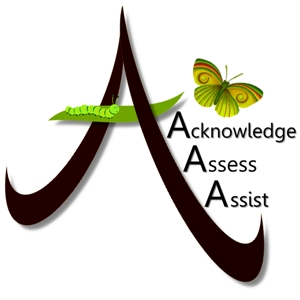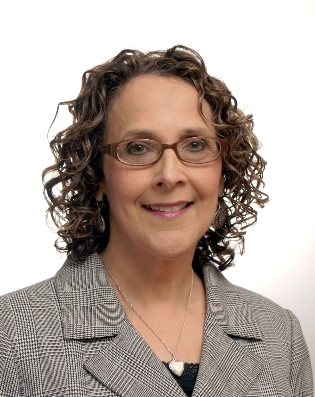Assisting Caregivers to Move Forward with Strength by Acknowledging their Situational Losses
Guest post by Eleanor Silverberg
The 3-A Acknowledge, Assess, Assist® Approach was developed to raise awareness, unmask and address the ambiguous losses that dementia caregivers experience. Even though the person with the disease slowly changes and disappears psychologically, they are still present physically, often in better physical condition than the family caregiver. Under these circumstances, the loss is ambiguous. It is not clear that a loss is occurring, for that matter, a series of losses are occurring stemming from the disease’s progression, getting buried under the demands of providing dementia care. Although buried and unclear, these losses can adversely affect the family caregivers’ well being and ability to provide care.
In an attempt for more clarity, the experience can be identified as situational loss. Situational loss, as defined in the Mosby Medical Dictionary 8th edition (2009) includes — in addition to death — loss of a person, thing, or quality, resulting from alteration of a life situation, including changes related to illness, body image, and environment. Stemming from losing the person to cognitive impairment, the family members may also experience other losses such as financial, social network and role loss that can impact on their day to day functioning.
Although buried and unclear, [situational] losses can adversely affect the family caregivers’ well being and ability to provide care.
Abstract losses are seldom detected even though they can be a major source for adverse reactions. It would be helpful if there was a specific word in English that can articulate each of the abstract losses such as loss of independence, freedom or the ideal. Other languages do have words to define the abstract. For instance, in German, there is the word “Sehnsucht” (pronounced zenzuxt) to articulate the loss of the ideal. According to Wikipedia, the word represents thoughts and feelings about all facets of life that are unfinished or imperfect, paired with a yearning for ideal alternative experiences. Often family members would proclaim “The golden years are not so golden!” referring to an ideal not being met.
Similarly, there is not a specific word for the caregivers’ reaction to loss. The closest word is“grief”that is used in the caregiver literature but “grief” is most commonly associated with death and is not recognized the same way in the dementia caregiving experience. There is no funeral ritual or condolences sent. Most often, family caregivers receive treatment medically for depression or stress. Although this treatment is helpful, the situational losses, which can be the major source of distress, tend to get overlooked. Also, the potential benefits of addressing loss such as relief, comfort, strength, peace, and personal growth are missed.
… treatment is helpful, [but] the situational losses, which can be the major source of distress, tend to get overlooked.
Although grief is not recognized the same in caregiving circumstances as in death circumstances, grief counseling strategies are helpful in addressing the caregivers losses. I have used them with positive outcomes in the 8-week caregiver group I facilitate to help family care providers who are having difficulty coping, to prevent burnout. Training is provided in applying the 3-A Acknowledge, Assess, Assist® Approach to specifically address their reactions to situational loss and adversity. Each participant acknowledges, assesses their loss(es) / reactions to loss, while assisted in coping, providing strategies – including grief strategies – to empower, with self monitoring strategies encouraged in order to move forward with strength.
In addition to facilitating groups for family caregivers, training workshops and presentations are also offered for health care workers on applying the 3-A Acknowledge, Assess, Assist® Approach in order to raise awareness of situational loss, obtain a better understanding of what is underlying caregiver behaviour and receive tools to assist in strengthening the family members’ resiliency. A form of “grief” counseling may be a beneficial route to consider for those who are struggling and want to strengthen their resiliency and well being.
After 15 years working in dementia care, personally as a caregiver and professionally doing community outreach social work, Eleanor Silverberg, BA Psych, MSW., RSW is now self-employed in Toronto, Ontario, Canada, assisting care providers as a Personal and Professional Development Coach specializing in grief education related to caregiver resiliency training. She is available for speaking engagements, online and onsite training on applying the 3-A Acknowledge, Assess, Assist® Approach which she pioneered. To learn more, visit her website www.eleanorsilverberg.com.











I agree with you. Having a support group is very important in care giving, not only for the patient/senior and the family, but for the caregiver as well. Its vital to learn about the patient, the condition, and the resources that can be used that will help make care giving easier.